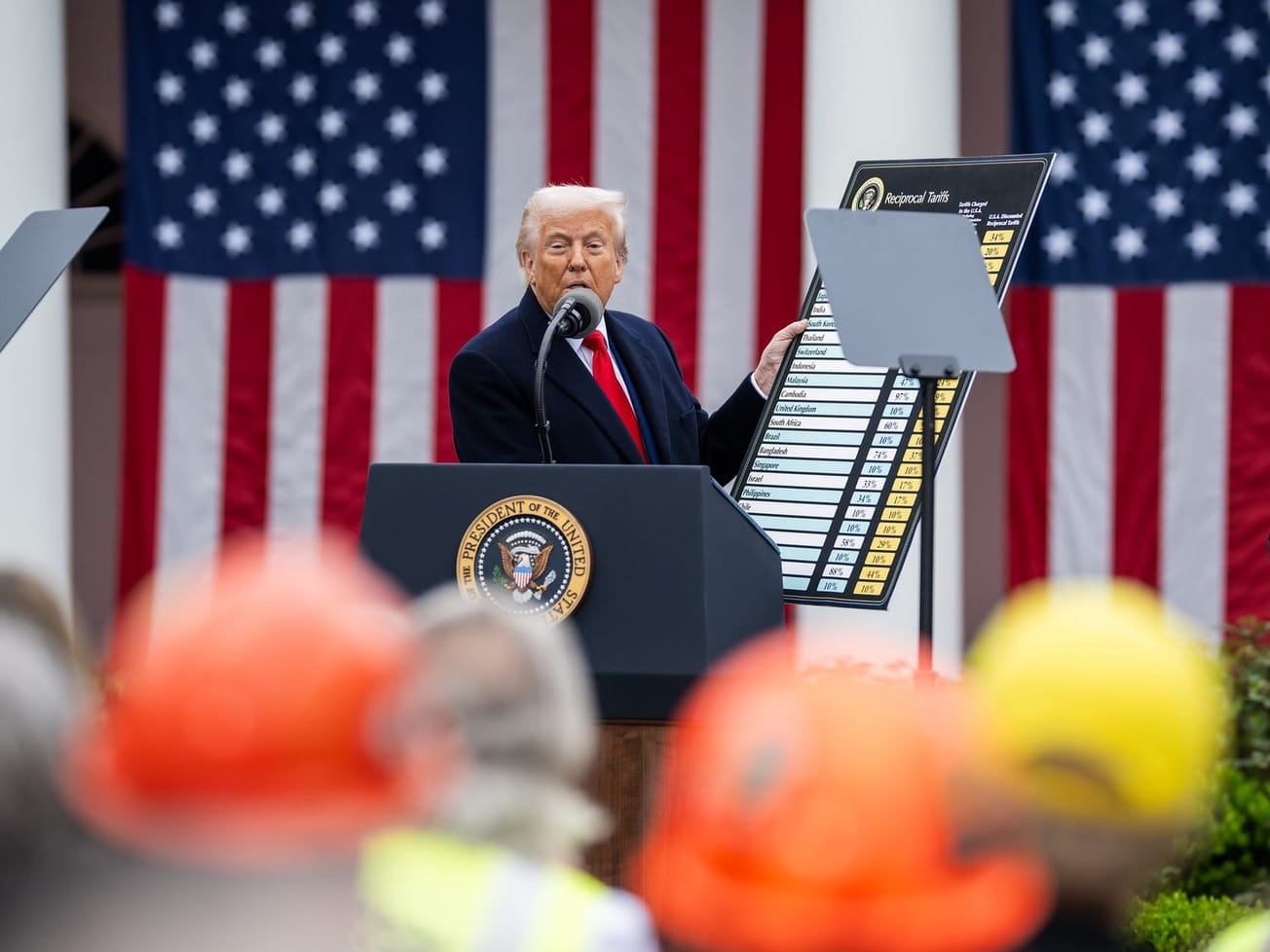WASHINGTON (AN) — Bulgarian economist Kristalina Georgieva took over as managing director of the International Monetary Fund on Tuesday, signaling her five-year term will champion issues such as empowering women and fighting climate change.
Georgieva, who had served as the World Bank's first CEO since January 2017, was the only nominee to lead the Washington-based IMF, an international organization of 189 countries charged with ensuring the stability of the international monetary system.









